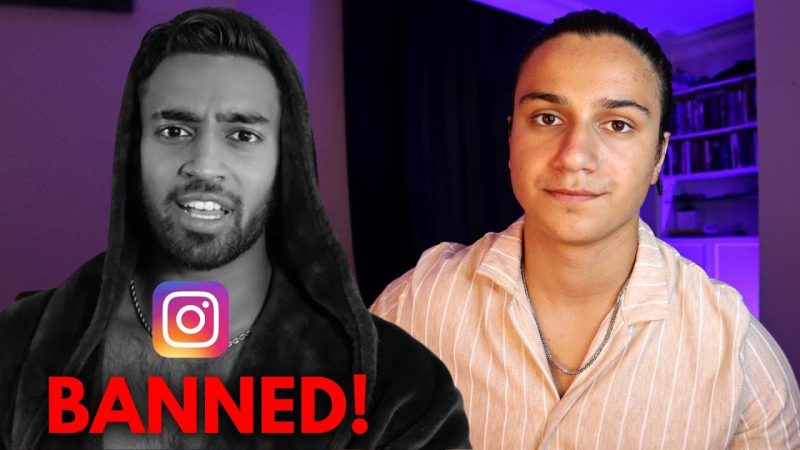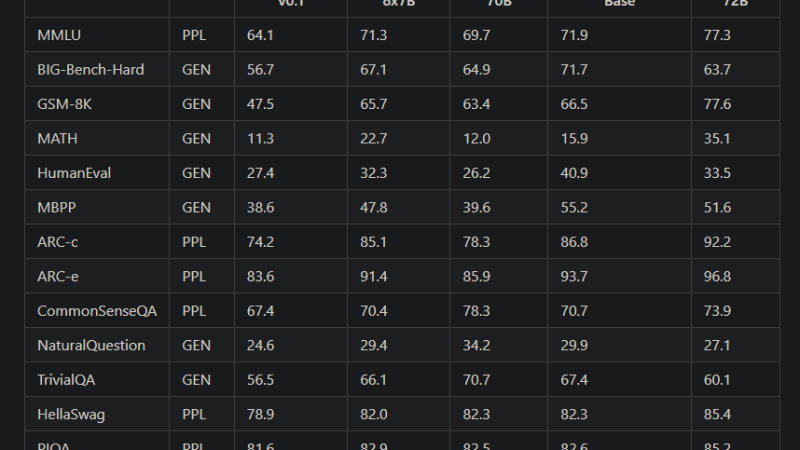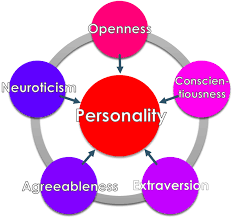Trump Twitter
The advent of social media has revolutionized the way political figures engage with the public, and few have harnessed its power as effectively as Donald J. Trump during his tenure as the 45th President of the United States. Twitter, in particular, became Trump’s preferred platform for communication, providing him with a direct line to millions of followers and reshaping the landscape of political discourse. This article explores the impact, controversy, and evolution of Trump’s Twitter use, shedding light on the unprecedented role it played in shaping public opinion and the broader implications for the intersection of politics and social media.
The Rise of Trump on Twitter:
Donald Trump’s use of Twitter began long before his presidential campaign, but it gained significant attention during the 2016 election. His tweets were characterized by a distinct style—direct, unfiltered, and often controversial. The brevity of the platform’s 280-character limit suited Trump’s communication style, allowing him to bypass traditional media channels and communicate directly with his audience.
Trump’s Twitter presence was a key element of his outsider persona, enabling him to connect with voters who felt alienated by mainstream politics. His tweets covered a wide range of topics, from policy announcements and endorsements to personal attacks on opponents. This unfiltered approach resonated with a significant portion of the electorate, contributing to his electoral success.
Impact on Political Communication:
Trump’s use of Twitter marked a departure from the carefully crafted statements and press releases traditionally associated with presidential communication. Instead, his tweets provided real-time insights into his thoughts, emotions, and policy priorities. This direct and immediate connection with the public had both positive and negative consequences.
On one hand, Trump’s tweets allowed him to shape narratives, control messaging, and reach his supporters directly. This was particularly evident during policy announcements, where he could articulate his agenda without the filter of traditional media interpretation. On the other hand, the informal and impulsive nature of his tweets sometimes led to policy confusion, market fluctuations, and diplomatic tensions.
Controversies and Criticisms:
While Trump’s Twitter presence garnered immense popularity, it was not without its fair share of controversies. His tweets often sparked public outcry, both domestically and internationally. Trump’s penchant for engaging in personal attacks, making inflammatory statements, and disseminating false information fueled criticism of his online behavior.
The platform’s role in spreading misinformation and promoting divisive rhetoric became a subject of intense debate. Critics argued that Trump’s tweets sometimes crossed ethical boundaries, violated Twitter’s terms of service, and contributed to a coarsening of public discourse. The social media giant faced pressure to moderate or fact-check the president’s tweets, leading to clashes over issues of free speech and platform responsibility.
The Twitter Presidency in International Relations:
One of the distinctive features of Trump’s Twitter diplomacy was its impact on international relations. The president utilized the platform to communicate directly with world leaders, announce policy decisions, and share his unfiltered opinions on global affairs. This unorthodox approach to international diplomacy raised eyebrows and, at times, led to diplomatic tensions.
Trump’s tweets directed at North Korea’s Kim Jong-un, for example, ranged from bellicose threats to expressions of camaraderie. The unpredictable nature of these exchanges added an unprecedented layer of uncertainty to diplomatic relations. Critics argued that such impulsive communication could have serious consequences in the realm of geopolitics.
Twitter as a Political Tool:
Trump’s use of Twitter highlighted the evolving role of social media in political strategy. The platform served as a powerful tool for direct communication with the electorate, allowing Trump to bypass traditional media gatekeepers. His ability to shape narratives, influence public opinion, and mobilize supporters through tweets marked a departure from conventional campaign communication strategies.
The Trump Twitter model influenced subsequent political campaigns, with candidates across the political spectrum recognizing the value of a strong social media presence. The direct and informal nature of Twitter became a vehicle for authenticity and accessibility in political communication, challenging the traditional norms of presidential discourse.
Twitter Bans and the Aftermath:
Despite the significant impact of Trump’s Twitter use, it also led to a series of controversies that culminated in his suspension from the platform. Following the storming of the U.S. Capitol on January 6, 2021, Twitter permanently suspended Trump’s account, citing the risk of further incitement of violence. This move ignited debates about the power of social media platforms in shaping political discourse and the limits of free speech online.
While some applauded the decision as a necessary step to prevent the spread of misinformation and incitement to violence, others criticized it as an infringement on the president’s right to communicate directly with the public. The suspension prompted discussions about the responsibilities of social media platforms in regulating political speech and the potential consequences of such interventions for democratic norms.
Conclusion:
The Trump Twitter era was a transformative period in the intersection of politics and social media. It showcased the unprecedented power of a single individual to shape public discourse, influence policy discussions, and connect directly with the electorate. However, it also raised important questions about the role of social media platforms in moderating political speech, the potential for misinformation to spread rapidly, and the impact of unfiltered communication on diplomatic relations.
As political communication continues to evolve, the legacy of Trump’s Twitter use will remain a subject of analysis and debate. The influence of this era extends beyond partisan lines, challenging conventional norms and reshaping the landscape of political discourse in the digital age.






